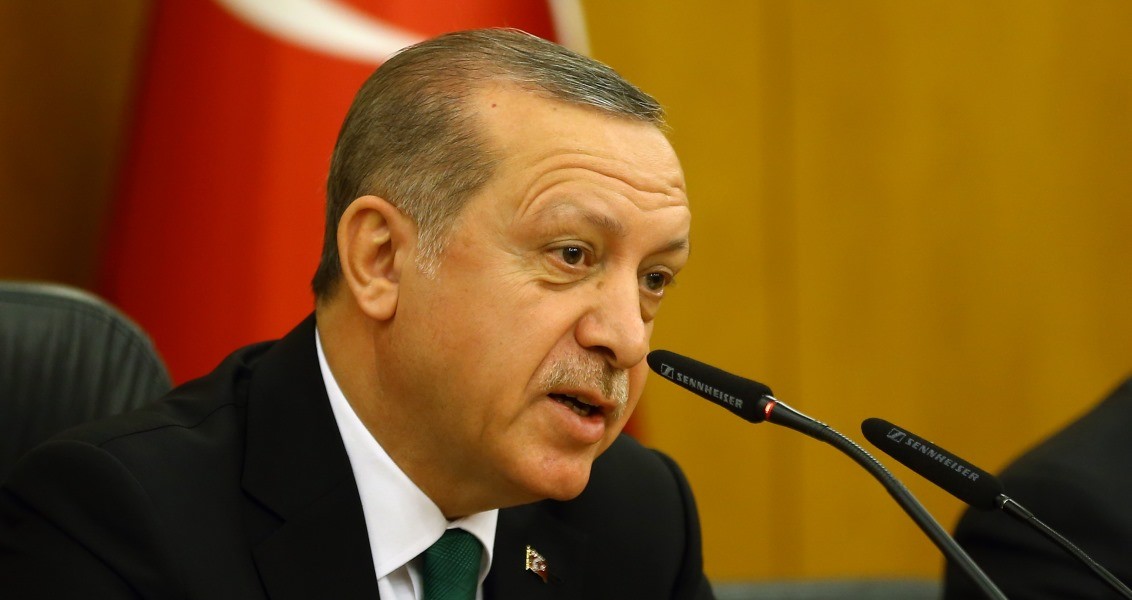As it is known, the global economic crisis broke out in the United States (US) and the European Union (EU) countries in 2008 and spread out to the entire world. The US Federal Reserve (FED) adopted a monetary expansion policy by way of issuing money and buying securities; therefore tried to ease, or even eliminate, the impact of the crisis. It is seen that the developing countries have benefited the most from the FED’s liquidity abundance because interest rates dropped in the developed countries due to the expansionary monetary policies, and the capital inflow increased since the interest rates were high in the developing countries. These funds and investments with an appetite for risk in particular have presented incredible opportunities to the developing countries.
The most often visited topic in economy nowadays is the US announcement to decrease the FED’s purchasing securities by the end of the year and completely end it by the end of 2014, which means the end of expansionary monetary policies and the beginning of the contractionary policy. The reason is that the FED has not applied the contractionary policy yet; but announced the possibility of it for the future. With this, decreases in purchasing securities and liquidity are anticipated. This, however, is the FED’s road map for 2014 and afterwards rather than a change in monetary discipline at this point. Therefore, the developing economies will be affected by this move the most.
Following the global economic crisis, liquidity abundance occurred in the global economy. The anticipation is that the developing countries, in particular, will be badly affected by the FED’s decision to be realized in the midst or towards the end of 2014. Therefore, investment funds will outflow as their monetary units will be devalued and this will trigger high interest rate as the growth will be affected negatively. The realization of these, however, is difficult before 2014. On the other hand, the announcements that the FED may apply contractionary monetary policy, negatively affected the economy, and its affect on all the developing countries including Turkey have caused lowerings in capital and financial markets.
TURKEY ENDURES SHOCKS
The Gezi Park protests in Istanbul and the announcement of the FED’s monetary expansionary plan coincided; that was unfortunate. The Gezi Park protests will have a very limited impact on Turkish economy, but the FED’s announcement for a possible change in the US monetary policy and its reverberations on the world economy are very serious. However, the Turkish economy will be less affected by them. The Gezi Park demonstrations have harmed investor perceptions, the country’s outlook, and its positive perception of the last ten years. But the perception and the images created did not reflect Turkey’s reality; therefore, it will be seen that the real state of affairs in Turkey will not be as such. This is because the measures taken in the aftermath of the 2001 economic crisis in Turkey and economic stability programs implemented, the fiscal discipline in the period of 2002-2012, policies to lower expenditures, large scale privatizations and economic reforms have contributed to the positive look in public finance. These efforts also positively affected future expectations. Besides, with these indicators in public finance, Turkey has gotten rid of the negative impacts of the on-going debt crisis in the EU countries and found a large maneuvering space for the implementation of economic policies. Compared to the other developing countries, Turkey seems more at ease in this sense.
On account of economic recoveries, these shocks from inside and outside did not occur to harm the economy; neither had they caused a big depression. When the 2001 economic crisis triggered by the hurling of the Handbook of Constitution in a Cabinet Meeting, is compared against the latest Gezi Park protests and the FED’s possible decisions, the importance of the Handbook incident fades away. S









